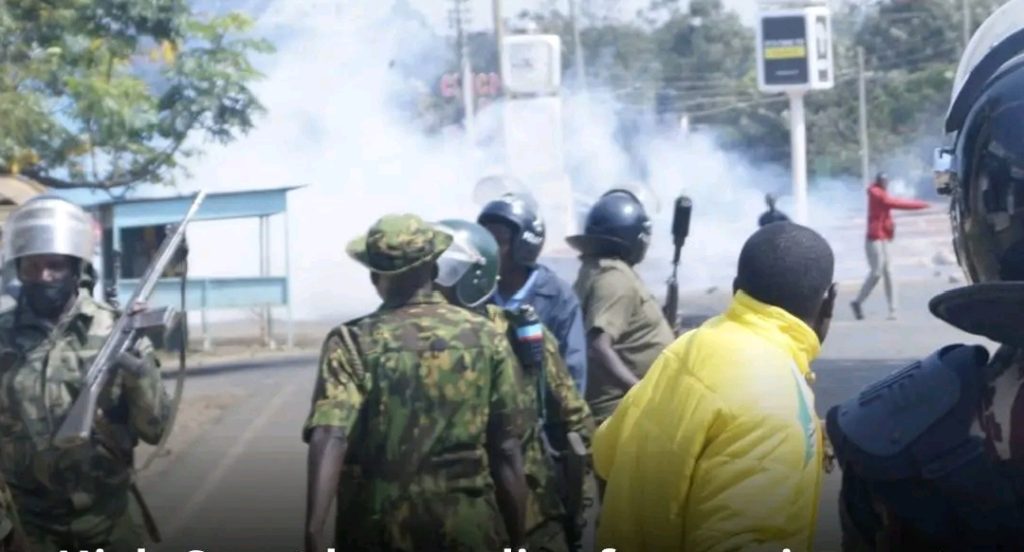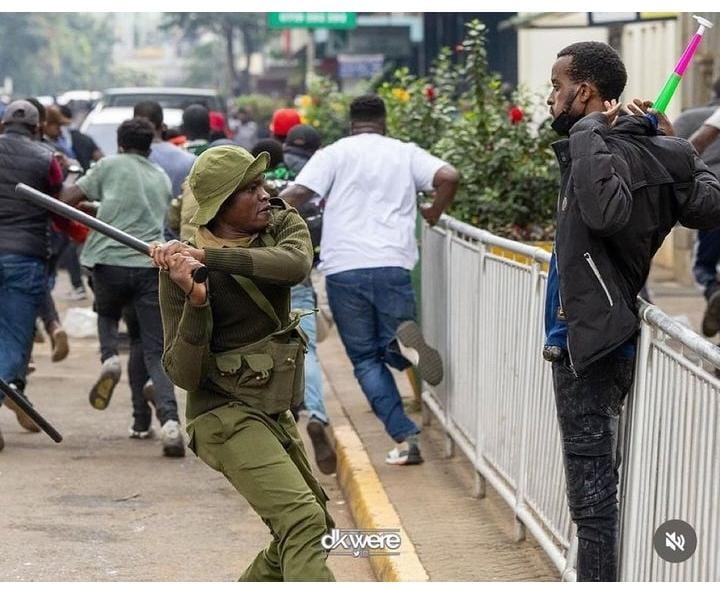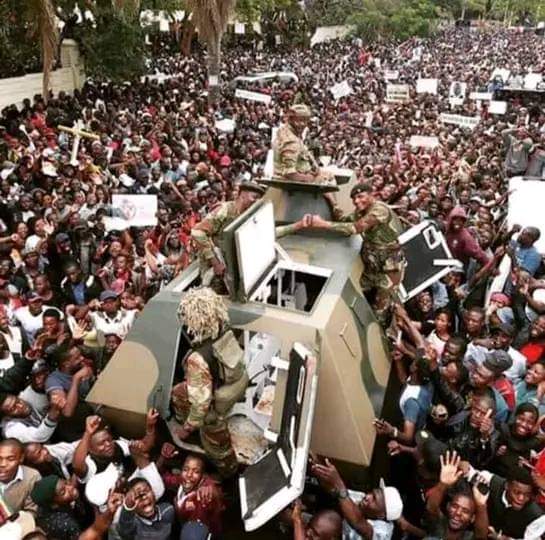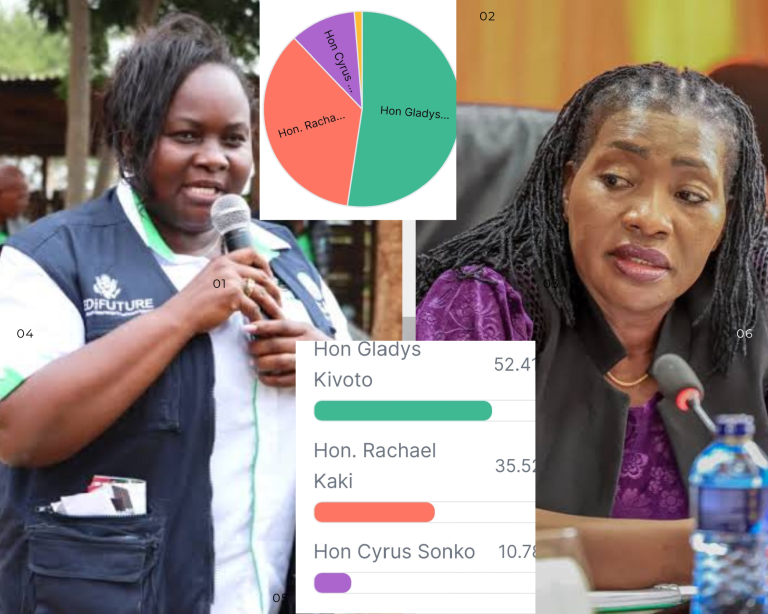
By Francis Kioko
Date 28 June 2024.
In a landmark decision today, the Kenya High Court issued a ruling that significantly curtails the police’s ability to use force during protests. Justice Mugure Thande presided over the case, delivering a judgment that prohibits law enforcement from deploying water canons, teargas, live and rubber bullets, or any other crude weapons to disperse demonstrators. This decision also includes a ban on the abduction of protesters, a practice that has been widely condemned by human rights organizations.

The ruling comes at a critical time for Kenya, where public demonstrations have increasingly met with harsh police responses. Justice Thande emphasized the constitutional right to peaceful assembly and the necessity of safeguarding this right against excessive and unwarranted police action. “The use of disproportionate force against peaceful protesters violates their fundamental rights and freedoms as enshrined in our Constitution,” she stated.

The case was brought to the court by a coalition of civil society groups and human rights activists, who argued that the police’s violent tactics were not only unconstitutional but also a threat to democracy. Evidence presented included numerous instances of police brutality during past protests, where individuals suffered severe injuries and, in some cases, fatalities.
This ruling has been hailed by human rights advocates as a significant step towards ensuring accountability and protecting civil liberties. George Kegoro, Executive Director of the Kenya Human Rights Commission, praised the decision, stating, “This is a victory for democracy and the rule of law in Kenya. It sends a clear message that the era of police impunity must end.”

However, the decision has also sparked concern among some law enforcement officials and government representatives, who argue that it may limit the police’s ability to maintain public order. Inspector General of Police, Japhet koome, expressed apprehension, stating, “While we respect the court’s decision, we must find a balance that allows us to ensure public safety without compromising constitutional rights.”
The court’s ruling mandates that the police must adopt less aggressive methods of crowd control, prioritizing dialogue and de-escalation tactics over force. Additionally, any future instances of police violence against protesters could result in severe legal consequences for the officers involved.
As the country reacts to this ruling, its long-term impact on policing and public protests remains to be seen. For now, Kenyans can find solace in the judiciary’s reaffirmation of their right to peaceful assembly, a cornerstone of democratic society. The ruling not only aims to protect the citizens but also seeks to foster a culture of respect for human rights within the police force.

Today’s decision marks a pivotal moment in Kenya’s ongoing struggle for justice and accountability. It underscores the crucial role of the judiciary in upholding constitutional protections and sets a precedent for other nations grappling with similar issues of police conduct and citizens’ rights.



